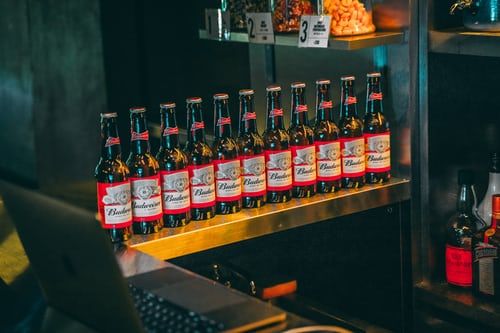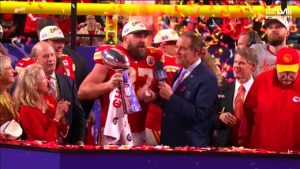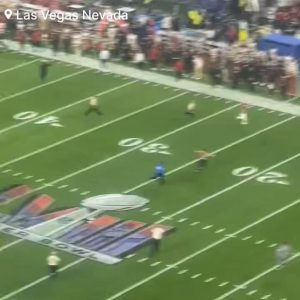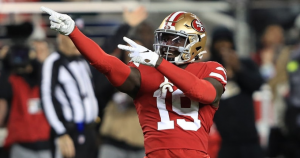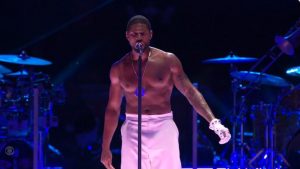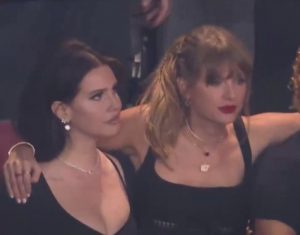American brewing
giant Anheuser-Busch will not be advertising the iconic Budweiser brand in the upcoming
Super Bowl LV and donate the money it would have spent on the commercials towards
COVID-19 vaccination awareness campaigns.
The company – which is skipping the event for advertising Budweiser for the first time
since 1983, when it used its entire ad time to unveil a new beer called Bud
Light – still has four minutes of air time for other popular brands, according to
a report in the Associated Press.
Also Read | Tom Brady, Buccaneers stun Packers 31-26 to reach Super Bowl
Among those
are Bud Light, Bud Light Seltzer Lemonade, Michelob Ultra and Michelob Ultra
Organic Seltzer, which are some of its best sellers, especially among younger
people.
However,
the decision to skip the annual Budweiser commercial is an indication to the
cautious approach advertisers are taking for the first COVID-era Super Bowl.
Paul
Argenti, professor of corporate communication at Dartmouth College said, “We
have a pandemic that is casting a pall over just about everything. It’s hard to
feel the exuberance and excitement people normally would.”
Anheuser-Busch’s
announcement comes after PepsiCo also confirmed it will not advertise its biggest
brand, Pepsi, to divert its focus on securing the sponsorship for the half-time
show, where it will advertise Mountain Dew and Frito-Lay products.
Additionally,
other Super Bowl advertisement regulars such as Coca-Cola, Audi and Avocados
from Mexico are skipping the event altogether, making it just one of the many ways
the Super Bowl LV will look different from previous years.
Spectator
limit has been set at 22,000, which is about a third of Tampa, Florida’s Raymond
James Stadium’s 65,890 seat-capacity. Super Bowl parties are also set to be
much-curtailed affairs.
Also Read | NFL to invite vaccinated health workers to Super Bowl
“I think
the advertisers are correctly picking up on this being a riskier year for the
Super Bowl,” Villanova University’s marketing professor Charles Taylor said. “With
COVID and economic uncertainty, people aren’t necessarily in the best mood to
begin with. There’s a risk associated with messages that are potentially too light.
At the same time, there’s risk associated with doing anything too somber.”
Advertisers
have seen a large chunk of their sales cut down because of the pandemic,
causing some to decide against pumping cash into the expensive commercials, estimated
at $5.5 million per 30 seconds.
Coca-Cola
has been especially hard-hit, as much of its sales come from stadiums, movie
theatres and other similarly crowded places, all of which have been shut down
since the onset of the pandemic.
Announcing
a layoff in December, it announced it will not invest money in advertising to
ensure it is “investing in the right resources during these unprecedented times”.
Meanwhile, new
brands such as TikTok rival Triller, online car seller Vroom and online freelance
marketplace Fiverr are filling the void, while M&M’s, Toyota and Pringles
are among the brands returning to the commercials this year.
Budweiser
is yet to determine the amount of money it will donate to vaccine awareness,
the brand’s marketing vice president Monica Rustgi said, adding that it will be
a “multi-million dollar” commitment.
However, the
brand will still have a presence around the showpiece event. An ad celebrating resilience
amid pandemic will air starting Monday. Featuring athletes in Black Lives
Matter jerseys and narrated by actress-director Rashida Jones, the ad will end
with health care workers being inoculated and talks about the donation from Budweiser.

